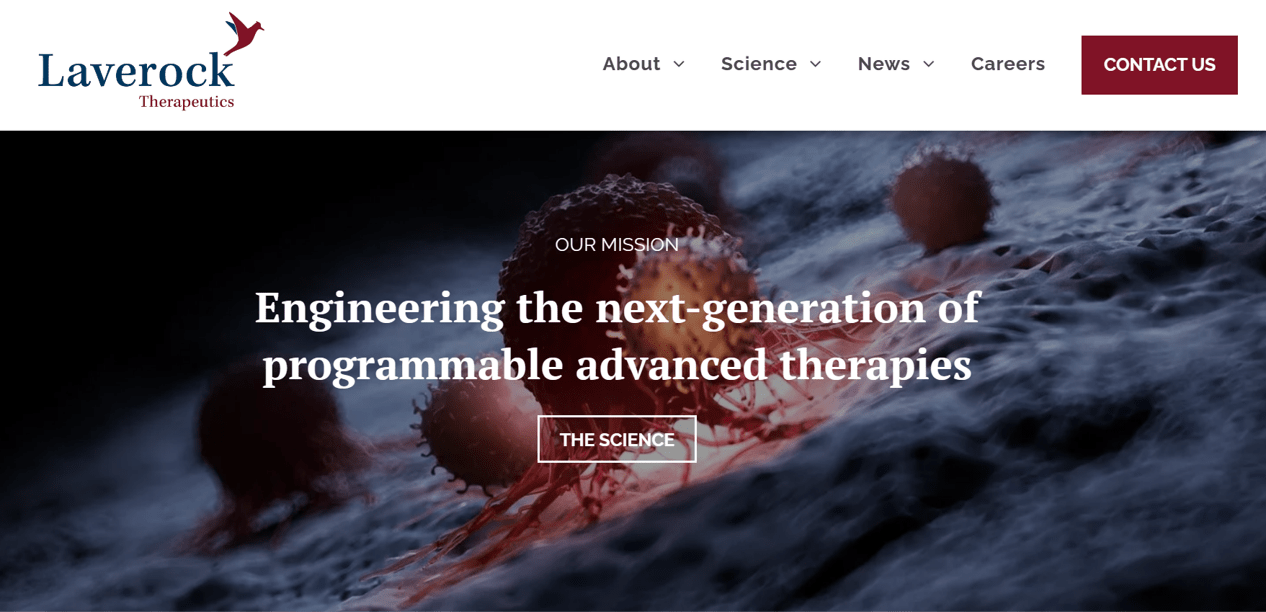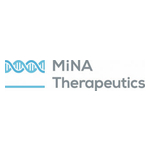- Company developing its innovative InDx Implant System for thumb base joint arthritis
- Focused on a painful and disabling condition with increasing prevalence in patient population
- Funds to support clinical programs, regulatory submissions and future commercialisation
GALWAY, Ireland–(BUSINESS WIRE)–Loci Orthopaedics Ltd, an orthopaedic medical device company, today announced the successful closing of an oversubscribed €12.8 million Series A financing. The financing round was led by new investors Seroba, Johnson & Johnson Innovation, JJDC, Inc., (JJDC) and the European Innovation Council (EIC) Fund.
Loci Orthopaedics develops novel technologies that target major unmet clinical needs in orthopaedics extremities. The company’s primary device, its patented InDx Implant System, is an innovative, evidence-based implant for thumb base joint arthritis. Thumb base joint arthritis is a highly and increasingly prevalent condition which is estimated to actively affect up to 5% of the US and EU population and 100 million people worldwide1. The InDx implant replicates the functional biomechanics of the thumb base joint, with the aim of restoring natural motion for those affected by this painful and disabling condition. InDx’s novel design could address the limitations of current thumb implants which are often unsuccessful and are prone to both dislocation and movement post implantation.
The Series A financing will enable the company to augment the initial clinical investigation, which indicates positive preliminary results, and develop additional clinical data to support regulatory approval applications and future commercialisation in different geographies.
In October 2023, Loci Orthopaedics successfully completed enrolment of a 15-patient clinical study for its InDx Implant System. The Thumb Hemi-Arthroplasty with Natural Kinematics study is designed to evaluate the surgical implantation of the device as well as improvements in pain, grip, and quality of life for those affected by thumb base joint arthritis. Results from the clinical study are expected to be published later this year.
Dr Brendan Boland, Co-Founder and Executive Chairperson, commented: “Thumb base joint arthritis is a painful and disabling condition with a significant unmet clinical need for an effective, evidence-based, surgical solution. With a growing patient population, our InDx Implant System has the potential to provide surgeons and patients with a less invasive and more effective treatment for this condition. This funding will enable us to expand our clinical programs, submit regulatory approval applications in the US and EU and accelerate our efforts towards future commercialisation.”
Barry Russell, CEO, added: “The company is excited to work with three very experienced and well-respected investment groups to help the company bring a promising new solution to market to help the many currently underserved patients and their surgeons with a joint sparing treatment option.”
Maud Lazare, Head of Investor Relations at Seroba, commented: “Orthopaedics extremities is one of the fastest growing areas in orthopaedics, so it is great to work with a company whose innovative solutions may positively disrupt the future treatment landscape for one of the most frequently performed surgeries in this space.”
Svetoslava Georgieva, Chair of the EIC Fund Board, commented: “We are very happy to participate in this funding round. Loci Orthopaedics is disrupting the treatment landscape for one of the most frequently performed surgeries in orthopaedics extremities. The EIC’s unique financing approach, combining grants and equity, provides Europe’s most promising companies with means to develop and scale up their businesses in Europe.”
|
1 |
Zhang Y, Niu J, Kelly-Hayes M, Chaisson CE, Aliabadi P, Felson DT. Prevalence of symptomatic hand osteoarthritis and its impact on functional status among the elderly: The Framingham Study. Am J Epidemiol. 2002 Dec 1;156(11):1021-7. doi: 10.1093/aje/kwf141. PMID: 12446258.Y |
About Thumb Base Joint Arthritis
Most activities that involve grasping or pinching are possible because of the thumb’s remarkable range of motion. Dexterity, however, comes at a price – an increased risk of osteoarthritis (OA) in the first carpometacarpal (CMC) joint, where the thumb meets the trapezium bone in the wrist. Thumb arthritis is common with aging and occurs when cartilage wears away from the ends of the bones that form the joint at the base of the thumb.
Thumb arthritis can cause severe pain, swelling, and decreased strength and range of motion, making it difficult to do simple tasks, such as turning doorknobs and opening jars. Treatment generally involves a combination of medication and splints. Severe thumb arthritis might require surgery. It is estimated that 5% of the population have symptomatic thumb base joint arthritis which causes significant hand pain and has a major negative impact on quality of life1.
About Loci Orthopaedics
Loci Orthopaedics was founded by Mr Gerry Clarke and Dr Brendan Boland as a concurrent spin-out from the University of Galway (Ireland), University College Cork (Ireland) and KU Leuven (Belgium). The company develops orthopaedic technologies to meet major unmet clinical needs with a primary focus on the orthopaedics extremities market. The company focuses on evidence-based design to ensure that its technologies are physiologically optimal to restore natural movement for superior clinical outcomes. Following the Series A financing, to date the company has raised over €22 million in grant and equity financing. See more information at www.lociorthopaedics.com.
About Seroba
Seroba is a European life sciences venture capital firm based in Dublin, Paris and Milan, investing from its fourth Fund. We focus on value creation through backing cutting-edge Biotech and MedTech innovation that will transform the treatment of unmet medical needs. Our team has deep industry and operational experience and an extensive global network. We like to work with entrepreneurs who share our passion for success and for investors who share the same goal of improving human health while driving financial returns. Follow our story at www.serobavc.com.
About EIC Fund
The European Innovation Council Fund from the European Commission is an agnostic Fund: it invests across all technologies and verticals, and all EU countries and countries associated to Horizon Europe. It provides the investment component of the EIC Accelerator blended finance. The European Investment Bank acts as investment adviser to the EIC Fund. The EIC Fund aims to fill a critical financing gap and its main purpose is to support companies in the development and commercialisation of disruptive technologies, bridging with and crowding in market players, and further sharing risk by building a large network of capital providers and strategic partners suitable for co-investments and follow-on funding. The Fund pays particular attention to the empowerment and support of female founders as well as the ambition to reduce the innovation divide among EU countries.
Contacts
For additional information, please contact Dr Brendan Boland.
T: +353 91 863 775
E: brendan@lociorthopaedics.com
Media Contacts
FTI Consulting
Paddy Berkery / Rugile Nenortaite
T: +353 86 602 5988 / +353 86 277 9905














